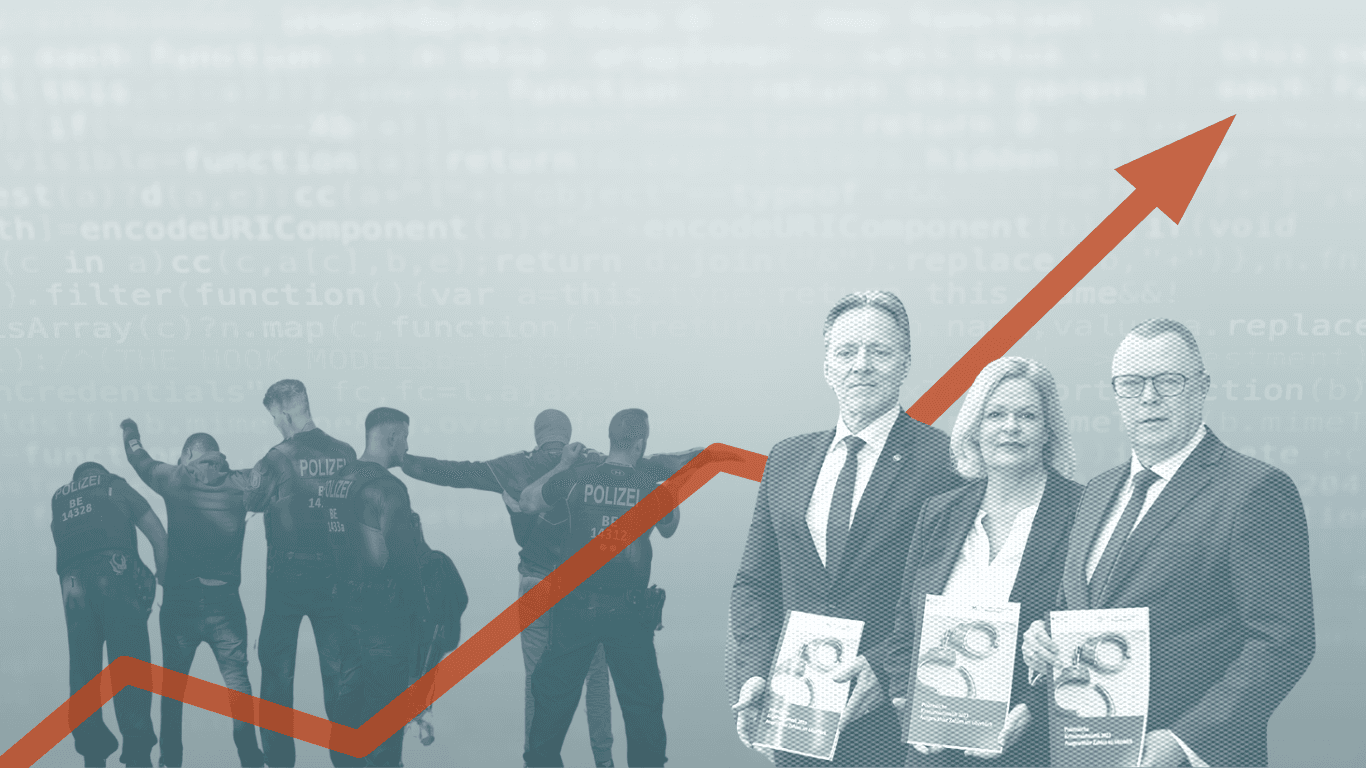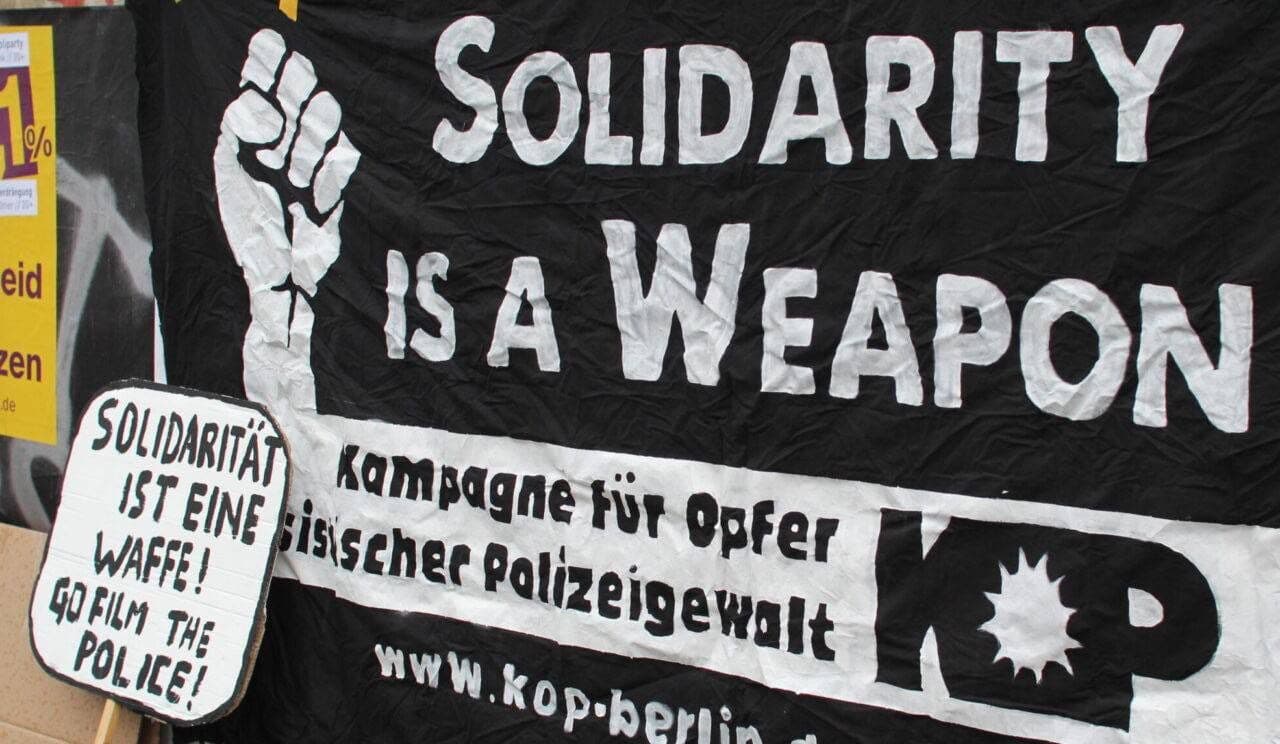Case 21
| Case Number | 21 |
| Charge | Assault, Other Offenses |
| Defense Attorney Present | Yes |
| Interpreter Present | Yes |
| Racialized Person | Yes |
| Outcome | Other Outcomes |
The court puts pressure on a man to revoke his appeal of a conviction for resisting arrest and assault of police. Despite the defendant’s distress, the judge appears uninterested in the man’s account of the alleged offense. The outcome–no relief for the defendant–appears predetermined by the judge, prosecutor, and the defendant’s attorney.
In this case, we observed how the criminal legal system and its procedures and policies operate to intimidate and pressure people accused of offenses, who, even when represented by counsel, are unable to make their voice heard. The defendant in this case had a story to tell–about how he believed he was wrongfully stopped by the police, and about the efforts he is making to better himself. But the court was not interested, and his counsel made meager attempts to bring the defendant’s position into the proceedings.
The judge uses the man’s past criminal record to make an implicit argument about him being a bad person or of bad character. Even by the criminal legal system’s own terms, this logic contradicts the system’s purported focus on “rehabilitation”, prioritizing retribution. The judge in this case has already written off the defendant, whom he appears to deem unwelcome in Germany – even in the face of evidence that the man is attempting to meet the court’s expectations, including by consistently meeting with his probation officer, ceasing to use alcohol, and committing to his job search.
At the start of the trial, the judge informs the defendant that based on pretrial discussions with his attorney and the prosecutor, they have concluded that an appeal would not benefit the defendant and asks if he would like to revoke it. It is not entirely clear the defendant understands what is being communicated as the interpreter only partially interprets and then summarizes, seemingly in their own words, the legal nuances communicated by the judge.
Based on this exchange, he agrees to an appeal limited to the sentence (Rechtsmittelbeschränkung), rather than challenge his conviction for resisting arrest and assault of police. According to the prosecutor’s reading of the charges, on the day in question, the police had controlled the defendant. He had “stood too close to the police” and was “aggressive”, and in response, the police pinned him to the ground. He had been drinking and says that he had not understood why he was being controlled or arrested. The incident is not discussed further as the question for the court is the severity of the sentence: The judge asks the defendant to explain why he deserves a lower sentence.
At the urging of his attorney, the man explains that he is no longer drinking, had attended meetings of a support group, participated in German classes, and was devoting time to his job search. He is under supervision by probation and has been regularly checking in with both them and the job center. The judge asks a number of questions: “Why did you stop attending support group meetings?”, “Did you finish your German class?” “What have you been doing since the German class ended?” “Are you even allowed to work in Germany?” “Do you have evidence you’ve been clean?” Throughout this questioning, the defendant looks distressed. He responds calmly but is visibly upset.
The defendant explains his difficult financial situation and says that he therefore prioritized his job-search, while also maintaining his sobriety. As he had understood it, his probation supervisor would have forwarded evidence of his sobriety to the court already. The judge says these results have not reached him and that there’s nothing he can do about that, and moves on to read the defendant’s criminal record.
The judge says he believes there is no point at all going on with the appeal hearing, so the best thing for the defendant is to revoke his appeal. Nudged by his lawyer (“We’ve talked about what we would do in this scenario, remember?”), the defendant agrees.


